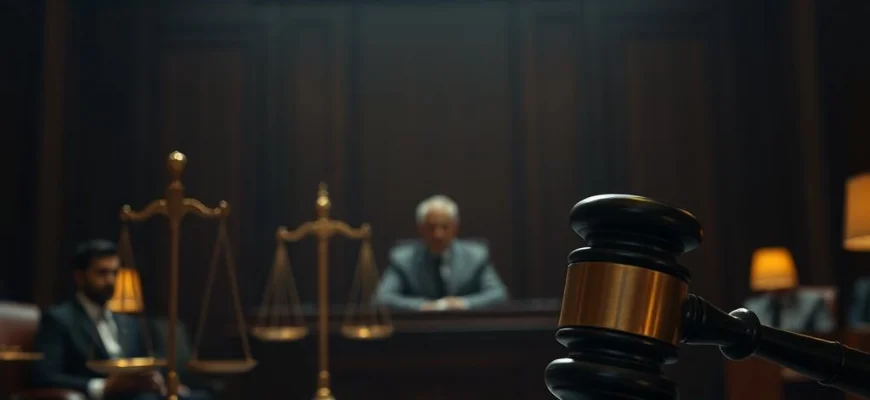If you were captivated by the gripping drama and social commentary of 'Victim' (1961), you'll love these 10 similar films and shows. This article explores titles that share its themes of justice, persecution, and moral courage, offering compelling narratives for fans of thought-provoking cinema.
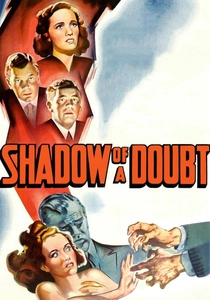
Shadow of a Doubt (1943)
Description: A suspenseful thriller that explores the dark undercurrents of seemingly idyllic small-town life. The film's tension arises from the gradual revelation of a character's sinister nature.
Fact: This film was reportedly Alfred Hitchcock's personal favorite among his own works.
 Watch Now
Watch Now 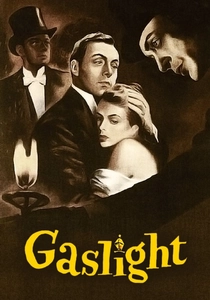
Gaslight (1944)
Description: A psychological thriller that centers on manipulation and psychological abuse, creating a sense of paranoia and dread. The film's focus on a victim's unraveling sanity is both gripping and disturbing.
Fact: The term 'gaslighting' originates from this film, referring to the psychological manipulation tactic used by the antagonist.
 Watch Now
Watch Now 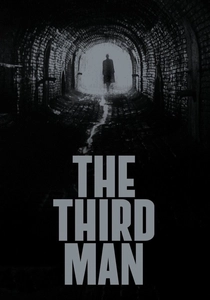
The Third Man (1949)
Description: A noir thriller with a morally ambiguous protagonist and a shadowy, atmospheric setting. The film's themes of betrayal and deception are underscored by its striking visual style.
Fact: The iconic zither score was composed and performed by Anton Karas, a relatively unknown musician at the time.
 Watch Now
Watch Now 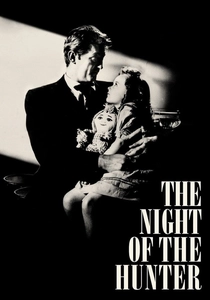
The Night of the Hunter (1955)
Description: A chilling tale of good versus evil, featuring a charismatic yet sinister antagonist. The film's dreamlike visuals and moral ambiguity create a haunting, psychological impact.
Fact: This was the only film directed by actor Charles Laughton, who never directed again due to its initial poor reception.
 Watch Now
Watch Now 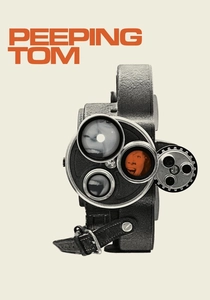
Peeping Tom (1960)
Description: A psychological thriller that delves into the mind of a disturbed protagonist, exploring themes of voyeurism and obsession. The film's unsettling atmosphere and focus on psychological torment make it a compelling companion piece.
Fact: The film was initially met with controversy and was banned in several countries due to its disturbing content. It has since been reevaluated as a classic of psychological horror.
 Watch Now
Watch Now 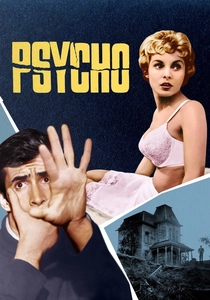
Psycho (1960)
Description: A groundbreaking horror film that explores themes of mental illness, identity, and the duality of human nature. Its tense, psychological narrative and shocking twists create a deeply unsettling experience.
Fact: The shower scene is one of the most iconic moments in cinema history, featuring 78 different camera angles and lasting only 45 seconds.
 Watch Now
Watch Now 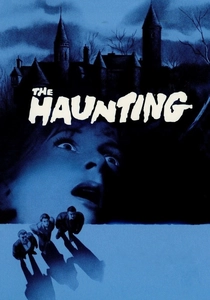
The Haunting (1963)
Description: A psychological horror film that relies on atmosphere and suggestion rather than explicit scares. The film's focus on the protagonist's deteriorating mental state creates a sense of unease and dread.
Fact: The film is often cited as one of the greatest horror movies ever made, praised for its use of sound and shadow to create terror.
 Watch Now
Watch Now 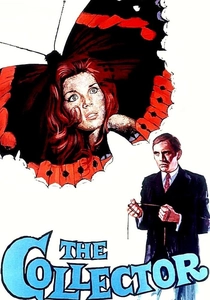
The Collector (1965)
Description: A disturbing psychological thriller about obsession and captivity, focusing on the twisted relationship between a kidnapper and his victim. The film's exploration of power dynamics is deeply unsettling.
Fact: The novel it's based on was the first published work by John Fowles, who later wrote 'The French Lieutenant's Woman.'
 Watch Now
Watch Now 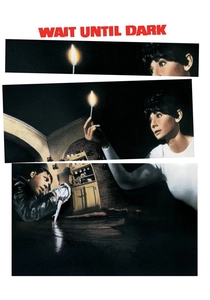
Wait Until Dark (1967)
Description: A tense thriller that pits a vulnerable protagonist against a group of ruthless criminals. The film's claustrophobic setting and reliance on suspense make it a gripping psychological experience.
Fact: Audrey Hepburn performed many of her own stunts, including the famous fight scene in the darkened apartment.
 Watch Now
Watch Now 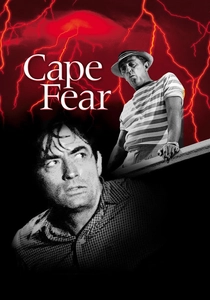
Cape Fear (1962)
Description: A psychological thriller about a menacing stalker who terrorizes a family, exploring themes of revenge and moral ambiguity. The film's intense atmosphere and psychological tension are its defining features.
Fact: The film's score, composed by Bernard Herrmann, is renowned for its use of dissonance and unsettling tones.
 Watch Now
Watch Now 
